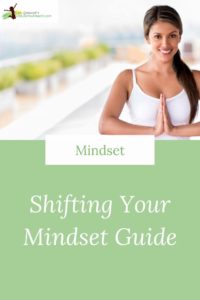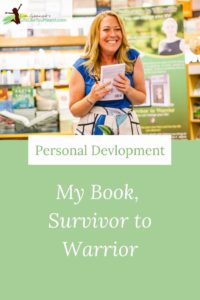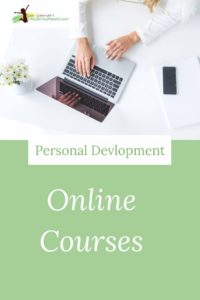by Lisa Cybaniak
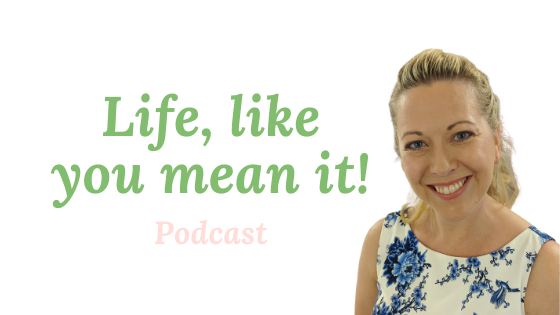
Do you rely on your gut instincts, especially when making important decision in your life and business?
A lot of us do, and a lot of the experts promote listening to your gut as the best way to ensure you’re making the right decision that is best for your needs at the time. But not today’s expert!
Today we’re talking about why we shouldn’t trust our gut instincts, especially when it comes to business, and that by doing so, we’re actually setting ourselves up to creating decision disasters.
Cognitive Neuroscientist, Behavioural Economist, and Disaster Avoidance Expert, Dr. Gleb Tsipursky, protects leaders from decision disasters by developing the most effective decision-making strategies via his consulting, coaching and training firm, Disaster Avoidance Experts. He also writes for Inc, Time and CNBC, and is a best-selling author of his new book, Never Go With Your Gut: How Pioneering Leaders Make the Best Decisions and Avoid Business Disasters.
Meet Dr. Gleb Tsipursky
Today Gleb explains that our gut instincts are still wired to a small hunter gatherer tribe lifestyle isolated from other tribes, instead of the modern society filled with social media and global opportunities that is our current reality.
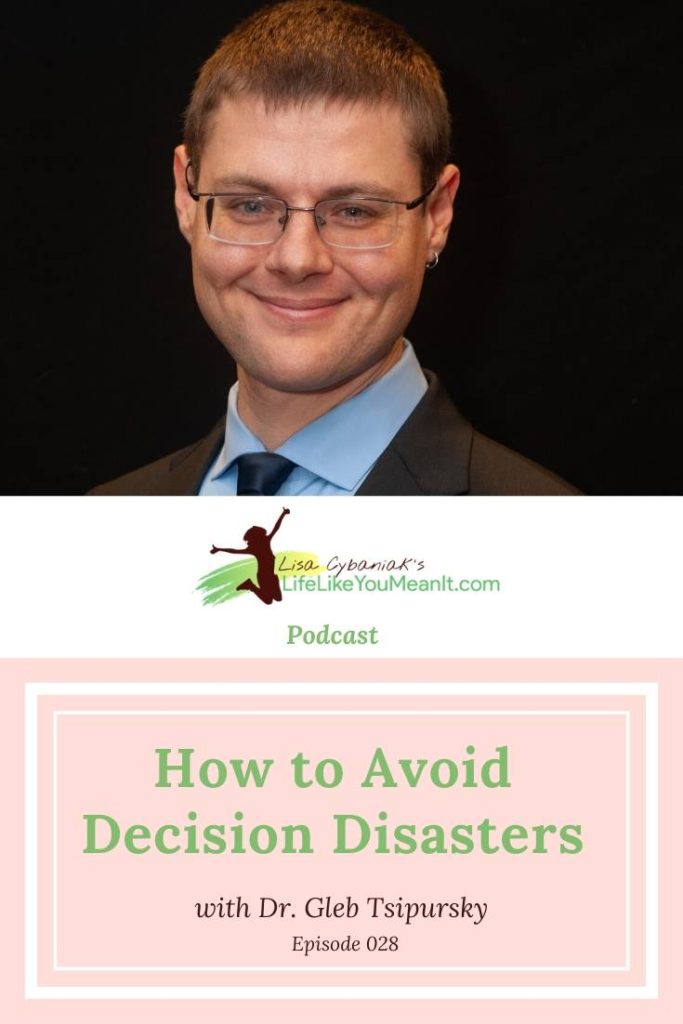
Quite literally, we don’t have sabretooth tigers roaming around that we need to confront, yet our gut still tells us to fight or flee when it senses “danger”. The problem is that “danger” has air quotes included because they’re not typically truly dangerous situations that are life and death.
Rather, they are caused by tension in our relationships, or discomfort at being pushed out of our comfort zone when we’re tackling a new task.
Cognitive biases
And that’s the problem. The disconnect between what our gut is trying to protect us from doesn’t match the reality. By following our gut instinct, we are potentially setting ourselves up for decision disasters by making judgement errors that drive bad decisions and lead to poor outcomes. Basically, we’re talking about cognitive biases, which are all the ways our brain is messed up, and Gleb explains there are over a hundred of them!
Today Gleb shares with us the questions you should be asking yourself in order to avoid potential decision disasters.
If you’re excited to learn how to make the best decisions to drive your business forward, this is the show for you.
So, let’s dive right in!
What important information did I not consider that could result in decision disasters?
Gleb recommends this be your first question to yourself as he says we tend to cherry-pick information that confirms our beliefs. For example, you have an idea for a new online course to launch, and you naturally find all kinds of “evidence” that this is the perfect course to offer.
However, asking this question allows you to look for any information that could dis-confirm this belief. Perhaps you poll your audience to see if this topic is even on their radar or ask them about what they’d be looking for as a tool to help them through this.
In this way, you prevent decision disasters just by taking the time to look at all the information.
What dangerous judgement errors did I not yet address?
In this episode, Gleb gives us a couple examples of common cognitive biases, such as the optimism bias where you are so optimistic that you are risk blind. Taking the time to identify your cognitive biases will allow you to see all the potential judgement errors you are prone to making, that could lead to decision disasters.
In the case of the course launch example, identifying your optimism bias will allow you to see that you are believing that the grass is greener on the other side (the side where you’ve sold millions of courses). Recognising that tendency of yours allows you to address them. You can’t fix what you don’t know is broken, as they say.
What would a trusted and objective advisor suggest I do?
Gleb suggests that just asking yourself that question and imagining their response will give you 50% of the benefit. Following through by calling, texting, emailing or asking them in person you’ll get the remaining 50%. After all, they are objective – they don’t have a stake in this claim.
Many times, the people we go to for advice are very similar to us, meaning they too may have the same cognitive biases. The idea here is to find people who compliment your weaknesses. If you’re an optimist, then ask a pessimist. It’s not that we’re looking for them to rain on your parade, rather we want them to identify potential areas of concern that we haven’t thought of yet, so we can properly address them.
By addressing them, we prevent any decision disasters!
How have I addressed all the ways this decision could fail?
On the surface, this may seem like we are being very negative here, but by seriously considering all the ways this decision could fail, you allow yourself to develop a contingency plan.
Looking again at our new course launch, realising that we could launch and have no students enrol allows us to take a second look at the market research we’re doing to develop the course in the first place, along with the marketing strategy, and ten other things that go into the development and launch process.
What new information would cause me to revisit the decision?
In the event that you do all your market research and implement the best marketing strategy and you don’t get the enrolment numbers that you predetermine in this step, then this will prompt you to revisit your decision.
It doesn’t necessarily mean you scrap the course, but if you’ve truly done all your research and answered these questions honestly along the way, then perhaps it’s time to look at other factors, such as your sales copy and images you’re using in your advertisements.
Or, perhaps it is time to go back to the drawing board and see what you’ve missed – did you truly find information that confirmed your beliefs in question one, or did you really just ignore the information that dis-confirmed it?
More from this episode
Gleb and I have a thorough conversation about the importance of hiring your opposite when hiring team members to work with you, whether you’re in a corporation or are an entrepreneur. He also gives us a better understanding of mental fitness and what that means in our modern world.
And of course, Gleb walks us through, in much more depth, the optimism bias, as well as the planning fallacy bias. He also shares how to identify, and most importantly, address each of them.
Press play on the episode above – you don’t want to miss this!
Follow Dr. Gleb Tsipursky on Twitter, Instagram, Facebook, LinkedIn, Mix, and YouTube. You can also check out his website for more information on his book, his research and him!
Want to help this podcast? Follow us, subscribe, and leave a comment on this, or any other episode!
Ready to practise yoga from the comfort of your own home, anytime you want? Check out Yogadownload!
Get more information about Chris Atley’s amazing course for coaches: The Coaches Code
Are you looking for help to find personal purpose after abuse? I’ve created a free webinar sharing my best practises for doing the same. Check it out!
Voice over credit: Shari Vandermolen. Shari is offering a free download of one of her songs to the fans of the Life Like You Mean It podcast! Just visit www.GiftFromShari.com and tell her where to send it. Shari’s debut album is available for streaming on all the major platforms including Spotify and iTunes.
Top Picks
Freebies for You!






